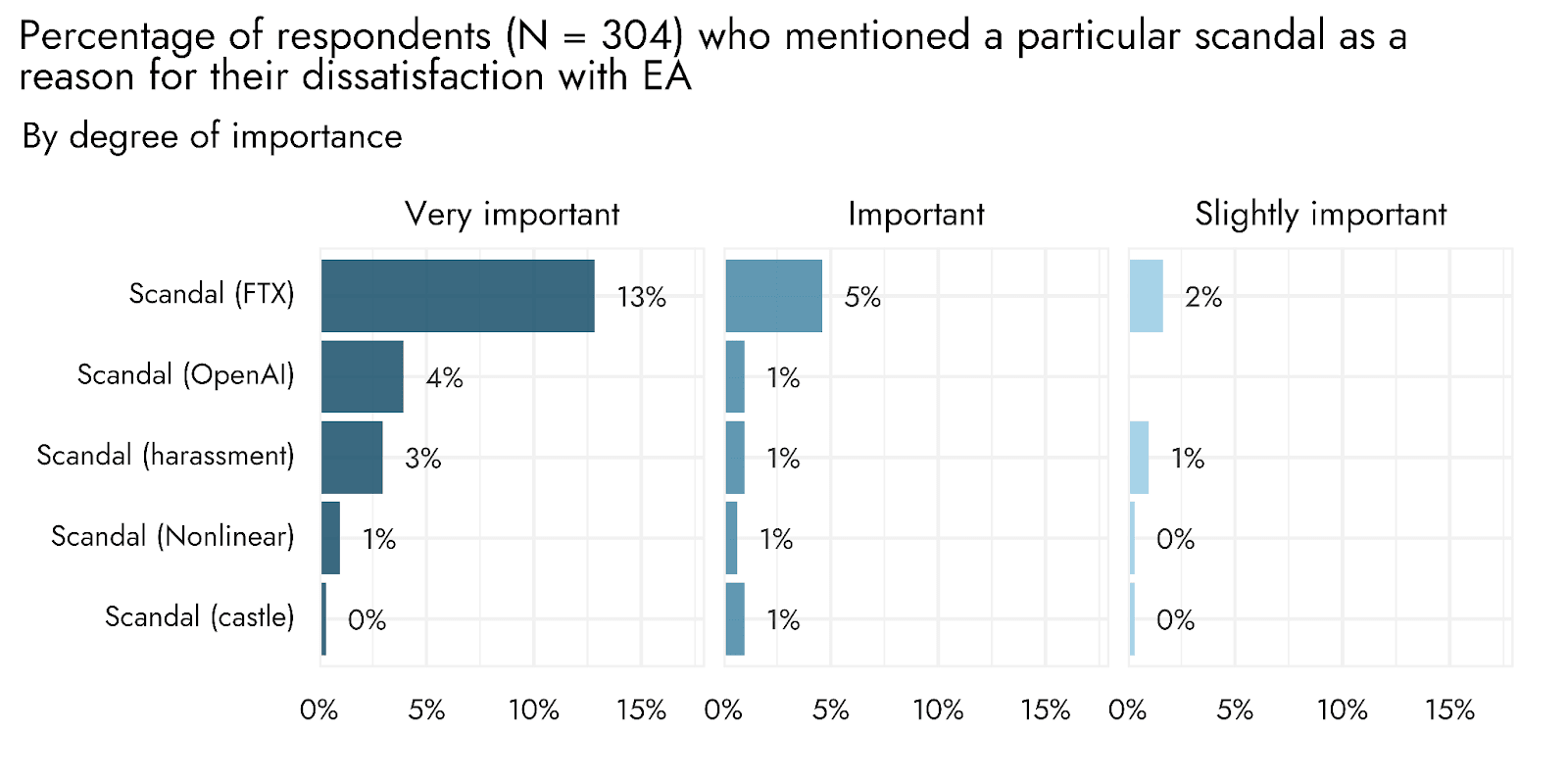It's been at least a few months since the last proper EA scandals, and we're now desperately trying to squeeze headlines out of the past ones.
On the contrary, a few scandals have been wrapped up:
- SBF was sentenced to 25 years in prison
- The investigation regarding Owen Cotton-Barratt presented its findings
- Whytham Abbey is being sold
Indeed, even OpenPhil's involvement in the Whytham Abbey sale shows they're now less willing to fund new scandals.
Therefore it seems to me that EA is now neither funding- nor talent-constrained, but rather scandal-constrained.
This cannot go on. We've all become accustomed to a neverending stream of scandals, and if that stream dwindles, we might find ourselves bored to death - or worse, the world might stop talking about EA all the time.
I therefore raise a few ideas for discussion - feel free to add your own:
- EA Funds should open a new Scandal Fund to create a continuous supply.
- CEA's community health team should hire a person to look harder for scandals lying under the surface.
- Nick Bostrom should publish a book.
- EA should work harder on encouraging group housing of people with their bosses, preferably in secluded areas abroad.

 If so, it seems plausible we should optimise for the very largest scandals, rather than simply producing a large volume of less impactful scandals.
If so, it seems plausible we should optimise for the very largest scandals, rather than simply producing a large volume of less impactful scandals.


Elon Musk? So last year... 2024 is time for Trump scandals.
Let's buy some Truth shares and produce new scandals!